Obsessive-Compulsive Disorder (OCD) is a mental health disorder affecting millions of people worldwide. It is characterized by repetitive thoughts and actions that feel real and compelling, making it extremely difficult for individuals struggling with OCD to differentiate between reality and their irrational thoughts. The powerful intensity of these obsessions can cause immense mental distress and interfere with daily life activities.
Understanding why OCD feels so real is crucial to support those with this mental health disorder better. The intricacies of obsessions and compulsions and how they intertwine can cause individuals to question their thoughts and actions. The persuasive nature of these intrusive thoughts perpetuates a cycle of irrational fears and compulsive behaviors, which are challenging to control, making OCD feel even more real.
Key Takeaways
- OCD is a mental health disorder that causes distressing obsessions and compulsions
- The intense and repetitive nature of OCD thoughts makes them feel convincingly real
- Better understanding is needed to support individuals struggling with OCD
 What Makes OCD Feel Real
What Makes OCD Feel Real
Obsessive-compulsive disorder (OCD) can feel incredibly real for those experiencing it. It stems from the combination of stress, anxiety, intrusive thoughts, and vivid mental images that the person is going through. In this section, we’ll explore what makes OCD feel so real.
One of the main factors is the intensity of the intrusive thoughts that are often persistent and distressing. These thoughts can feel inescapable and play a significant role in creating a sense of reality. Your mind is constantly filled with these thoughts, which might involve counting, organizing, or repeating specific actions.
In addition to intrusive thoughts, vivid mental images make it feel even more real. These vivid images can be related to your fears or obsessions, and they can cause you to visualize the worst possible outcomes. The power of these images paired with intrusive thoughts can create a strong feeling of unease and urgency, making it seem that the obsessions are actually happening.
Another contributing factor is anxiety. OCD and anxiety often go hand in hand, feeding off each other to intensify the feeling of reality. Your anxiety might exacerbate the intrusive thoughts and encourage even more vivid mental images. The cycle of obsession, thoughts, and anxiety might seem endless, further intensifying the perception of reality.
Lastly, stress is an essential component that adds to the realness of OCD. People with OCD are usually under tremendous pressure due to their obsessions and compulsions. This stress can cause an increased heart rate, shallow breathing, and a heightened state of alertness, making the disorder feel even more real.
To recap:
- Intrusive thoughts are persistent and distressing.
- Vivid mental images intensify the feeling of reality.
- Anxiety exacerbates intrusive thoughts.
- Stress increases negative physical sensations.
Keeping these factors in mind can help you better understand what makes OCD feel so real and enable you to better empathize with those dealing with it.
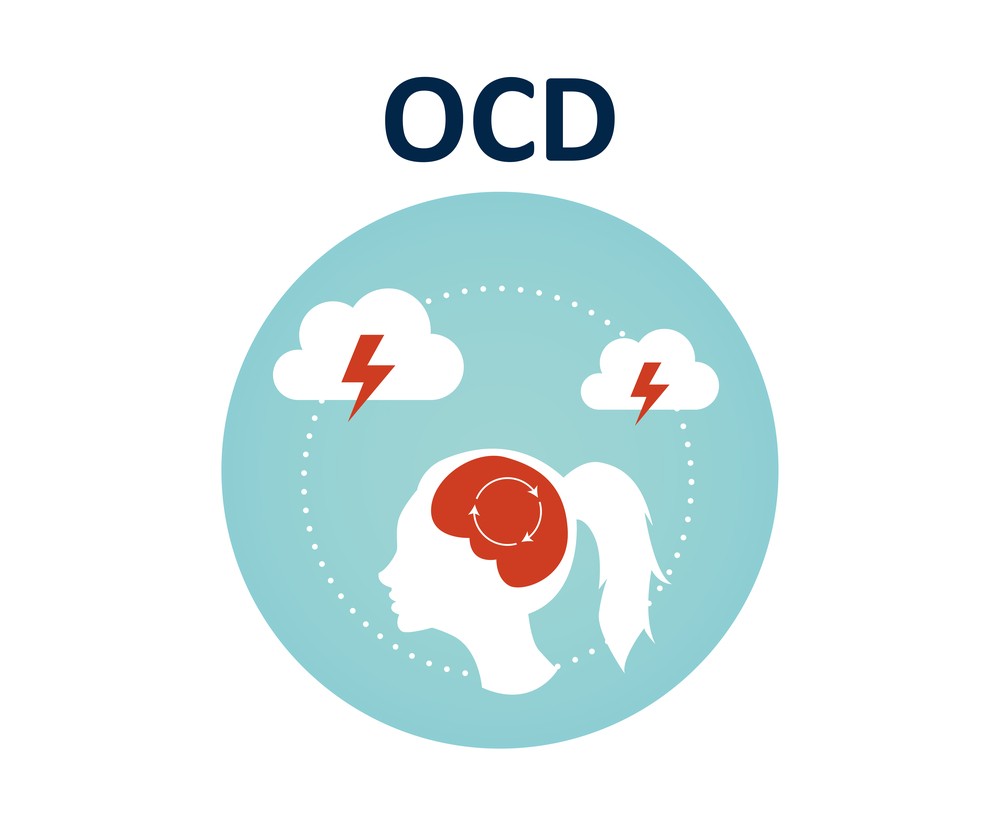
The Intricacies of Obsessions and Compulsions
Understanding Obsessions
Obsessions are intrusive, unwanted thoughts, fears, or doubts that cause significant distress. They can revolve around themes like harm, shame, or uncertainty. For someone with OCD, these thoughts seem uncontrollable and trigger overwhelming anxiety. You might experience obsessions related to cleaning, checking, or counting. It’s essential to understand that everyone has occasional unwanted thoughts, but the persistence and severity of these thoughts can indicate OCD.
Key Takeaway: Obsessions are intrusive, unwanted thoughts that cause emotional distress.
Decoding Compulsions
Compulsions are repetitive behaviors or rituals that neutralize or temporarily reduce the anxiety caused by obsessions. These can include compulsive cleaning, checking, counting, and other rituals. People with OCD may need to perform these behaviors to gain reassurance and a sense of control. It’s important to differentiate between compulsive behaviors and habits – the former is excessive and driven by anxiety, while the latter is routine and generally harmless.
Key Takeaway: Compulsions are excessive rituals performed to reduce anxiety caused by obsessions.
 The Connection with Anxiety and Stress
The Connection with Anxiety and Stress
OCD is closely linked to anxiety and stress. Intrusive thoughts trigger anxiety, and compulsive behaviors are performed to reduce this distress. However, the relief achieved is temporary, maintaining a cycle of obsessions and compulsions. High-stress situations can exacerbate OCD symptoms, making it essential for individuals to learn stress management strategies.
Key Takeaway: Anxiety and stress play a significant role in maintaining the cycle of OCD.
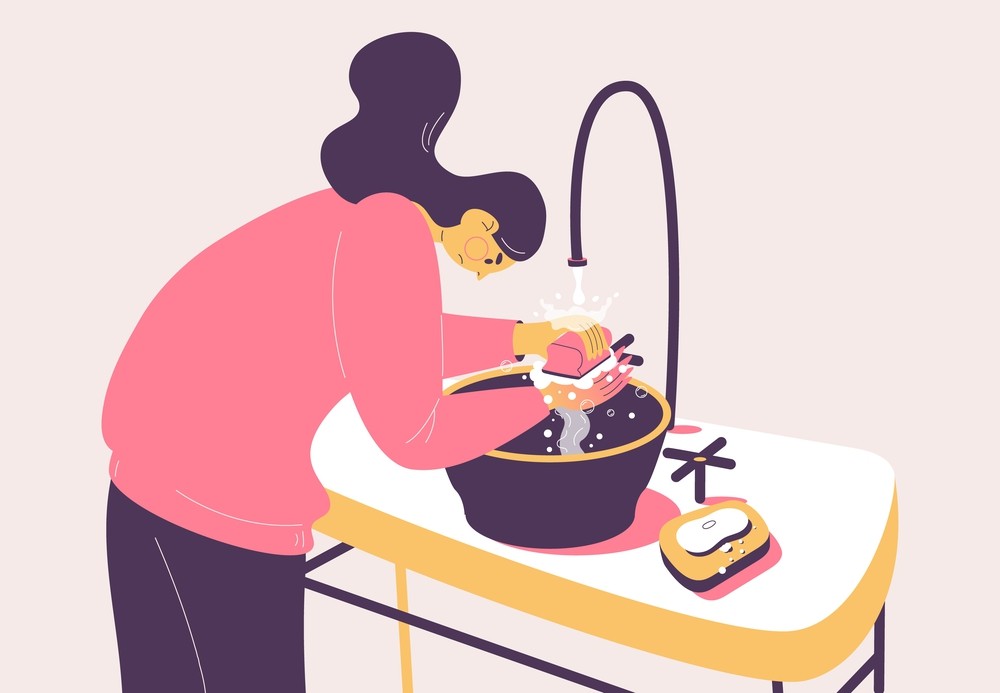
The Role of OCD Themes
OCD symptoms typically fall under various themes, such as fear of contamination, perfectionism, order, symmetry, and harm avoidance. Understanding and identifying these themes can help develop more effective treatment plans, as each theme may require a different approach for recovery.
Key Takeaway: Recognizing OCD themes allows for targeted interventions tailored to individual needs.
OCD’s Link with Control and Order
Many people with OCD have an intense need for control and order. This need can manifest in rituals and compulsive behaviors aimed at maintaining a sense of balance in their lives. The desire for control could stem from childhood experiences, trauma, and genetic predispositions. Gaining insight into these underlying factors can improve treatment outcomes.
Key Takeaway: An intense need for control and order drives many OCD symptoms.
OCD and Depression
OCD and depression often co-occur due to the chronic distress experienced by individuals with OCD. This can lead to a decreased quality of life, feelings of hopelessness, and self-isolation. Addressing both disorders simultaneously can pave the way to better overall mental health.
Key Takeaway: Comorbid depression is common in individuals with OCD and merits simultaneous treatment.
OCD and Disturbed Childhood
Childhood trauma and abuse can manifest as OCD symptoms later in life. People who have experienced such traumas may develop obsessions and compulsions as coping mechanisms. Uncovering and processing these experiences with a therapist can be integral to healing and recovery.
Key Takeaway: Childhood trauma can contribute to the development of OCD symptoms.
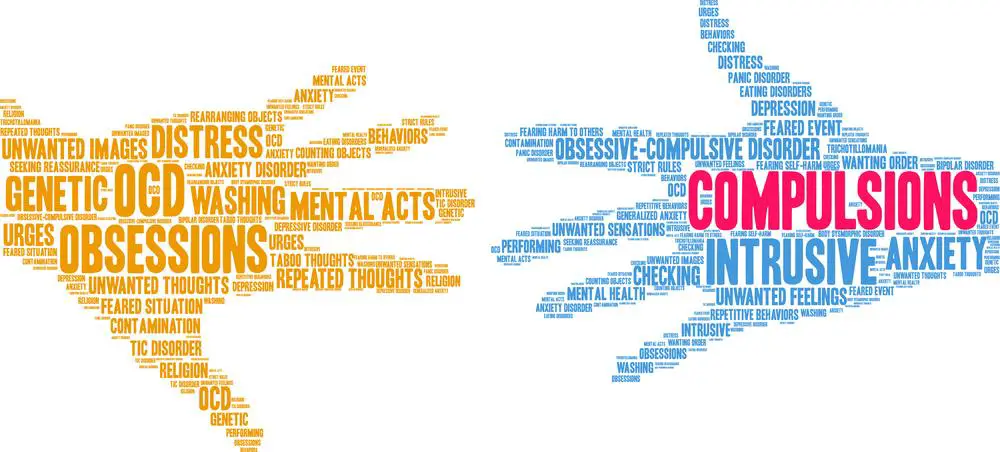
Exposure and Response Prevention
Exposure and response prevention (ERP) is a therapy widely used to treat OCD. It involves gradually exposing individuals to their feared stimuli while preventing them from engaging in compulsive behaviors. This process helps break the cycle of obsession and compulsion, enabling people to reduce their anxiety and regain control over their lives.
Key Takeaway: ERP therapy is a highly effective method to break the OCD cycle.
 Cognitive Behavior Therapy and Acceptance and Commitment Therapy
Cognitive Behavior Therapy and Acceptance and Commitment Therapy
Cognitive behavior therapy (CBT) and acceptance and commitment therapy (ACT) are two other therapeutic approaches for OCD. CBT aims to help individuals change unhealthy thought patterns and behaviors, while ACT focuses on increasing psychological flexibility and acceptance. Both therapies have proven effective in treating OCD and improving mental health.
Key Takeaway: CBT and ACT are additional therapeutic approaches beneficial for managing OCD.
Medications and Their Role
Medications such as selective serotonin reuptake inhibitors (SSRIs) are often prescribed to help manage OCD symptoms. These medications can lower anxiety levels and reduce the frequency of obsessive thoughts and compulsive behaviors. Consult with a healthcare professional to determine if medication is right for your situation.
Key Takeaway: Medications like SSRIs can play a role in treating and managing OCD.
Learning Strategies to Manage OCD
Developing strategies to manage and control OCD symptoms is essential for long-term recovery. Techniques include mindfulness, self-compassion, healthy lifestyle, and realistic goals. As everyone is unique, exploring various strategies will help you find what works best.
Key Takeaway: Effective self-management techniques are vital for long-term OCD recovery.
OCD Support Groups
OCD support groups are a great resource for people dealing with the disorder. These groups provide a safe, nonjudgmental environment where individuals can connect, share experiences, and gain valuable insights. Participating in support groups can help reduce feelings of isolation and loneliness associated with OCD.
Key Takeaway: Support groups can contribute to a person’s overall well-being and recovery from OCD.
 Therapy for OCD
Therapy for OCD
Recognizing the Signs for Therapy
Experiencing OCD can be overwhelming, and at times it may feel impossible to shake off those intrusive thoughts and compulsive behaviors. That’s why it’s essential to recognize when you might need professional help. Here are some signs that you might benefit from therapy:
- Your OCD symptoms interfere with your daily life.
- You experience excessive anxiety and distress.
- Your relationships or work have been negatively affected.
- Previous attempts to cope on your own haven’t been successful.
 Setting Goals for Therapy
Setting Goals for Therapy
Entering therapy can be daunting, but having a clear concept of what you hope to achieve makes it more manageable. Jot down your therapy goals to clearly envision your desired progress. Here are a few examples:
- Reduce the frequency and intensity of obsessions and compulsions.
- Develop healthier coping mechanisms for handling anxiety.
- Improve your overall mental well-being and daily functioning.
- Enhance your relationships and social life.
Recognizing Progress in Therapy
Therapy won’t offer immediate results, so it’s crucial to recognize the small milestones along the way to measure your growth. Here’s what you can look for:
- A decrease in the time spent on compulsive rituals.
- Improved ability to resist obsessions and compulsions.
- Increased confidence and a sense of control over your thoughts.
- Enhanced quality of life and relationships.
Remember, therapy is a journey, and progress may sometimes feel slow. Still, acknowledging these small victories will motivate you to keep working towards a life with less OCD influence.
Frequently Asked Questions
 Why do OCD thoughts feel like urges?
Why do OCD thoughts feel like urges?
OCD thoughts often feel like urges because your brain is trying to prevent perceived danger or manage anxiety. The uncertainty and intrusiveness of these thoughts amplify feelings of unease, leading to compulsions or repetitive behaviors. Remember, it’s essential to recognize that OCD thoughts differ from genuine urges or desires.
What if my intrusive thoughts are real?
Intrusive thoughts may seem real, but it’s crucial to understand they don’t define who you are or what you truly believe. They stem from the anxiety and fear associated with OCD. Accepting and acknowledging these thoughts without judgment can help you disengage from them. Don’t hesitate to seek professional help if you struggle with this process.
Can OCD make you feel things that aren’t true?
Yes, OCD can trick your mind into feeling things that aren’t true. The disorder creates a cycle of doubt and leads you to question your rational thoughts. Learning to separate OCD thoughts from your authentic feelings is vital for managing this condition. Cognitive-behavioral therapy (CBT) can be highly effective in doing so.
Do POCD urges feel real?
Pedophilic obsessive-compulsive disorder (POCD) is a subtype of OCD, where intrusive thoughts related to pedophilia cause distress. Despite feeling real, it’s important to remember that these thoughts are a manifestation of your OCD and not your genuine desires. Seeking professional help can provide the support necessary to handle these thoughts and feelings.
Can OCD make you feel like you like the thoughts?
OCD can create false emotions, making you feel like you enjoy intrusive thoughts. As distressing as this might be, understanding that these emotions result from your disorder can help you separate them from your true feelings. Ensure that the thoughts do not indicate your character, and consider speaking with a mental health professional for guidance.
Are OCD false feelings common?
Yes, false feelings are common in individuals dealing with OCD. The disorder can generate deceptive emotions, further fueling uncertainty and anxiety. Realizing that these false feelings stem from your OCD is a significant step towards managing the condition. Contact a professional to help you navigate this journey and develop coping strategies.
About Jacob Maslow
After surviving the traumatizing events of 9/11, I took it upon myself to heal through helping others. I’m the primary caregiver of my children and understand from first-hand experience the lonely paths you have to walk as a partner and parent when leaving an unhealthy relationship.
We’re all echoing in a dark space that doesn’t have to be this empty, and that’s been my mission since finding solace and recovery in therapy: To help comfort others who are still in shock and at the prime of their struggle.
I came across BetterHelp after searching for this type of community. I wanted to belong to a body of proactive therapists and supportive therapy veterans that allowed me to see other sides of the story.
It was unconventional, and that’s what attracted me most. During my most challenging times, when my ex-wife completely cut me off from my children, I found comfort and clarity through BetterHelp.
Instead of being chained to a strict therapist recommendation, I was in charge of who I felt understood my struggle most. That allowed me to find my true peace, as I was reunited with those who read behind my words and had first-hand experience with my trauma.
Recovery is a choice; with BetterHelp, that choice will be a few clicks away. You can join their couples-oriented platform, Regain.us, for those stuck with family estrangement and toxic relationship patterns.
- The Burnout Epidemic: Why We’re All Feeling Overwhelmed and How to Cope - February 9, 2024
- How to Live a Peaceful Life - February 9, 2024
- Useful Information You Should Know About Health Screenings - February 8, 2024
This site contains affiliate links to products. We will receive a commission for purchases made through these links.

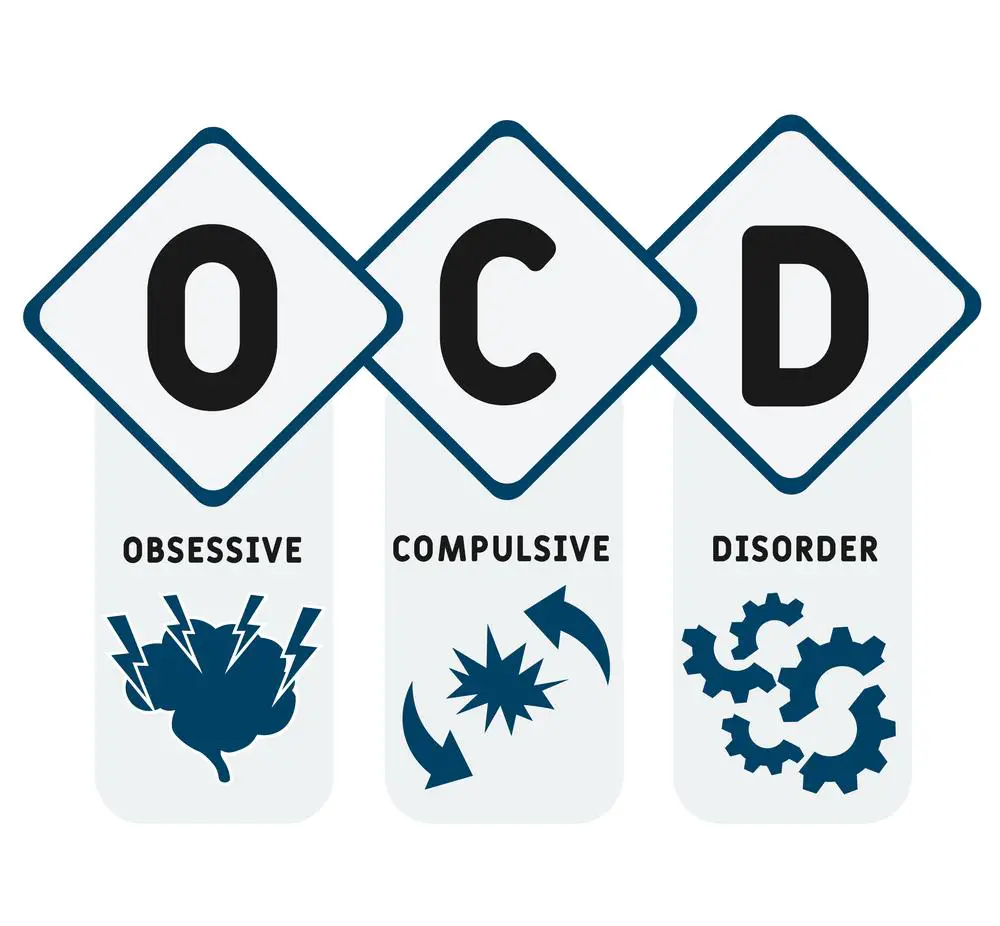
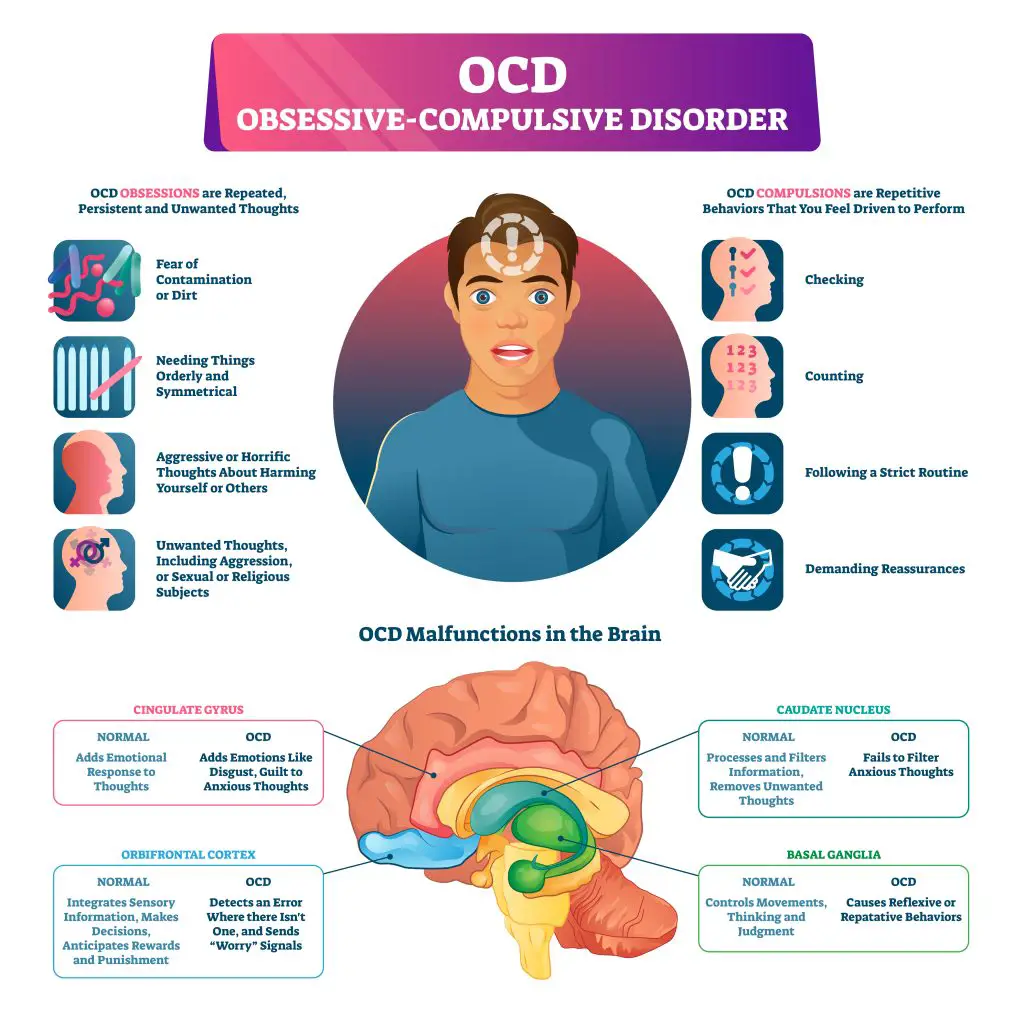 What Makes OCD Feel Real
What Makes OCD Feel Real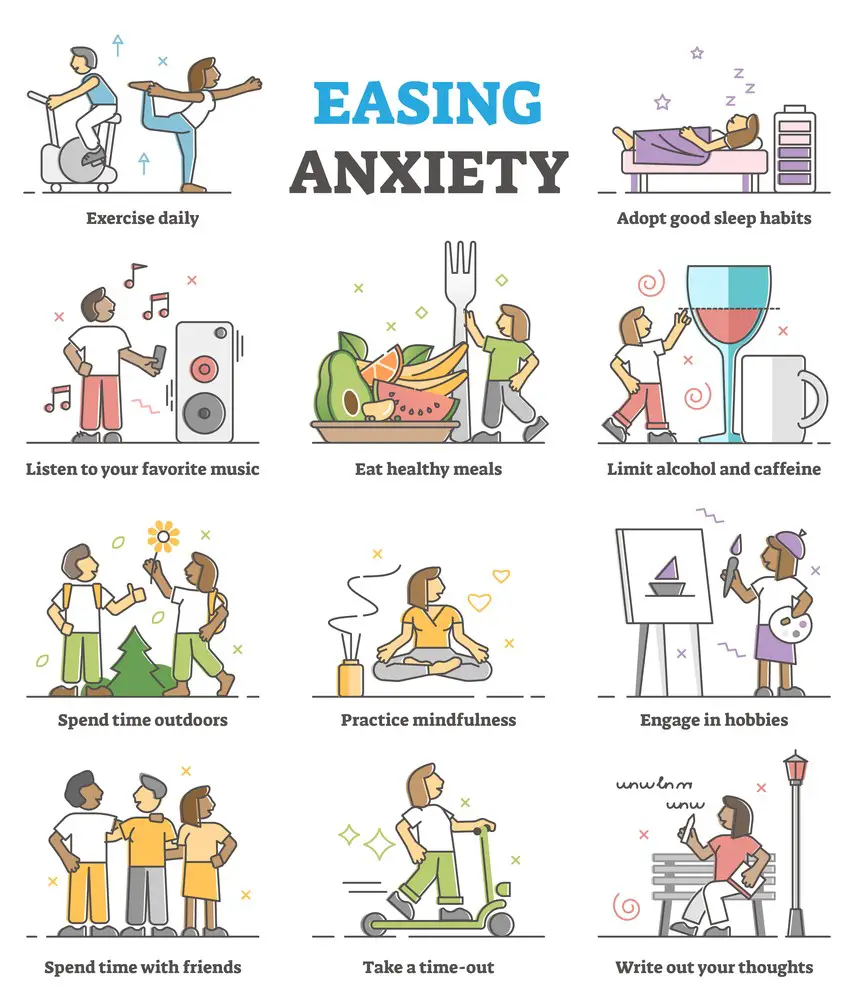 The Connection with Anxiety and Stress
The Connection with Anxiety and Stress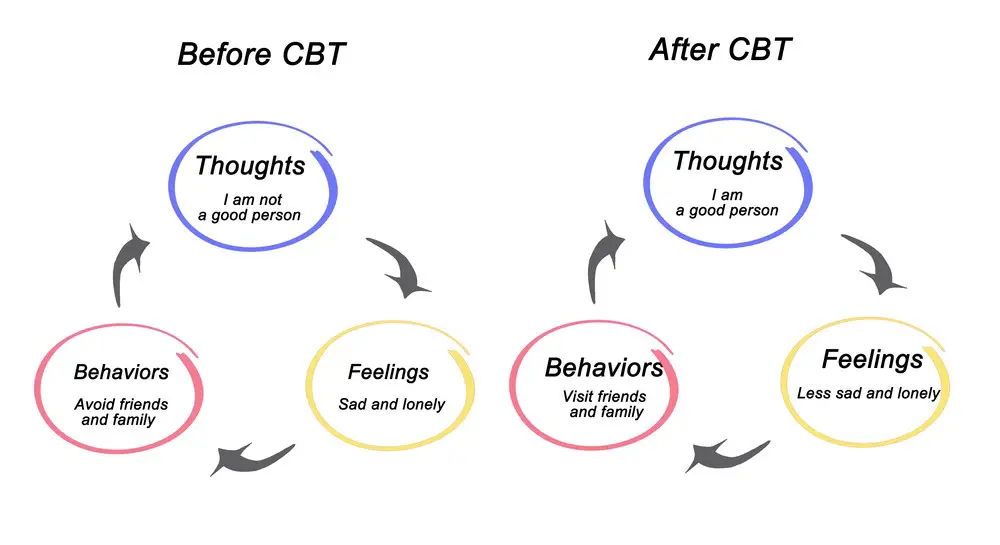 Cognitive Behavior Therapy and Acceptance and Commitment Therapy
Cognitive Behavior Therapy and Acceptance and Commitment Therapy Therapy for OCD
Therapy for OCD Why do OCD thoughts feel like urges?
Why do OCD thoughts feel like urges?

